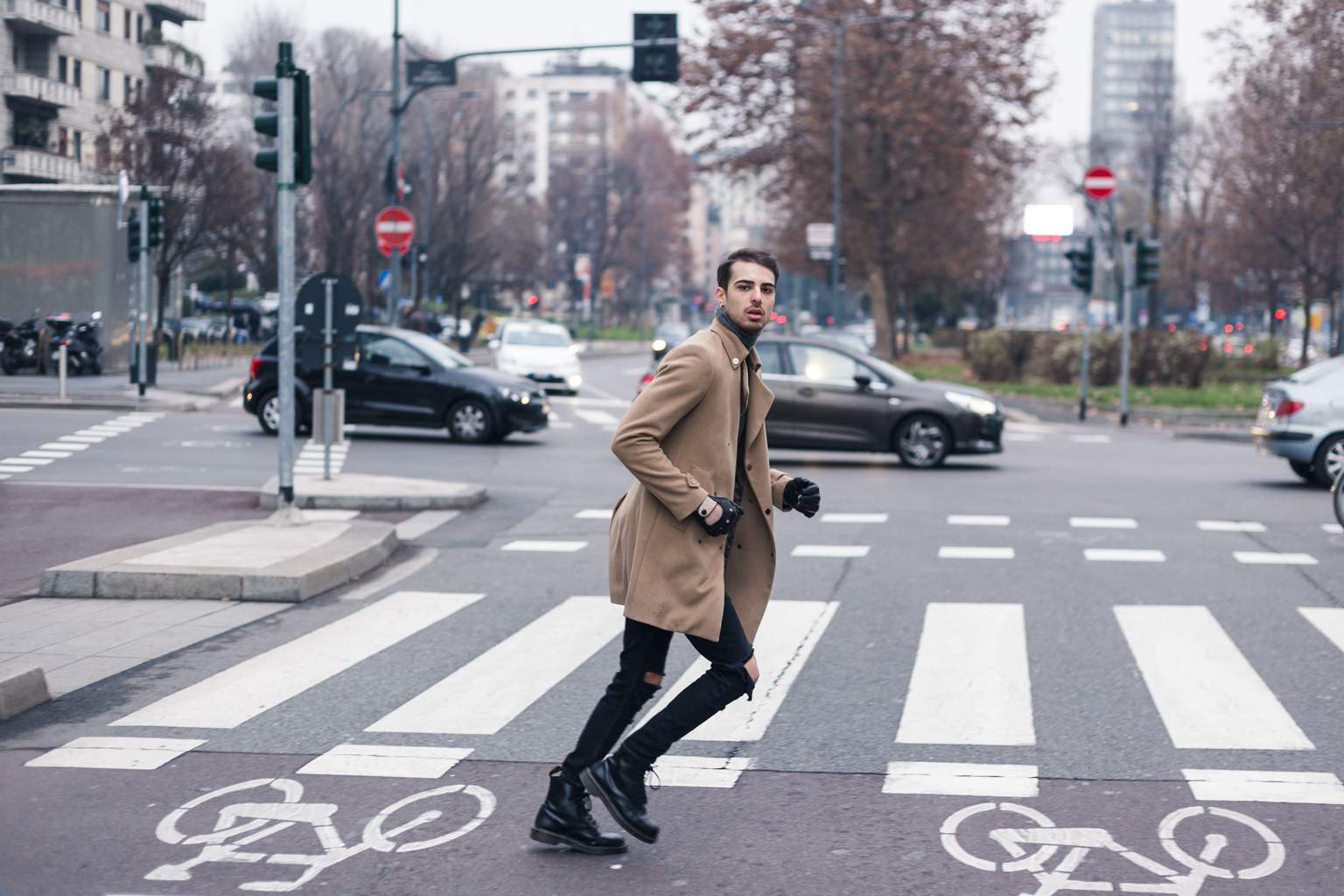You’re walking down a familiar street when you spot someone approaching. Almost without thinking, you cross to the other side. Why do we do this so often? It turns out this simple act is a fascinating interplay of psychology, instinct, and the brain’s way of protecting our personal comfort and safety.
Crossing the street to avoid another person might seem like a small, everyday choice, but it’s loaded with meaning. It’s a decision that blends our perceptions of risk, personal space, and social interactions—often happening automatically and quietly in the background of our minds. Let’s dive into the surprising reasons behind this common behavior and explore what it reveals about human nature.
How the brain assesses risk when we avoid others
Every day, we make numerous quick choices as we move through public spaces, and crossing the street to steer clear of someone is often a subtle act of self-protection. When a person seems unpredictable, intimidating, or just gives off unusual behavior—think shifty eyes, erratic movements, or blocking your path—your brain lights up an internal alarm.
This feeling can get stronger depending on the situation. Walking alone late at night or on a deserted street can increase your sense of vulnerability. In such moments, crossing the street genuinely feels like the safest option, as it increases the physical distance between you and the potential threat. It’s an instinct to avoid confrontation, keeping you safe in a world where surprises can sometimes be dangerous.
Reading subtle social cues that trigger avoidance
Sometimes, there’s no obvious reason you want to avoid someone—you just sense something is “off.” This gut feeling comes from your brain analyzing subtle signals like body language, facial expressions, and even the rhythm of someone’s walk in a split second.
Natural tips to lighten your hair this summer without harsh chemicals
Our mind processes countless tiny details, like micro-expressions and posture, which can hint at a person’s intentions or mood long before words are spoken. Even if the person isn’t doing anything wrong, your brain’s fast subconscious scan might flag a subtle warning, prompting you to cross the street. It’s fascinating how our so-called “intuition” is really just a high-speed social radar.
Social comfort, anxiety, and avoiding unwanted interactions
Crossing the street can also be about avoiding unnecessary or unwelcome social contact. Maybe the person is someone familiar who you’d rather skip chatting with, or perhaps it’s a persistent street vendor or panhandler. Changing your path sends a clear, nonverbal message of disinterest or the desire to maintain personal space.
For people with social anxiety, even small encounters can be stressful. The thought of brushing past someone closely or accidentally making eye contact can spike anxiety. Creating a physical buffer—like crossing the street—can be a comforting strategy to reduce that pressure. It becomes a tool for emotional self-care, helping manage stress by setting boundaries in public spaces.
Should you refrigerate olive oil? How to store cooking oils the right way
The deeply rooted nature of this behavior might surprise many. Our ancestors faced real dangers from predators and hostile strangers, so the drive to keep a safe distance is wired into us. Crossing the street today echoes those ancient survival instincts but in a modern context. It’s a low-cost way to avoid costly risks, whether physical harm or emotional discomfort.
Reflecting on this, I remember a time when I felt uneasy just walking by someone on a quiet street, with no clear reason why. It wasn’t about fear of that person—it was just an inexplicable wave of discomfort that nudged me to cross over. This memory helped me appreciate the power of our subconscious mind to keep us safe, even if we don’t fully understand its signals at the moment.
So next time you cross the street to avoid someone, know that it’s not about being rude or distant. It’s your brain’s way of balancing safety, comfort, and social cues—a sophisticated, built-in system we all share.
What’s your take? Have you ever felt a sudden urge to cross the street for no clear reason? Share your experiences in the comments below. Let’s explore together how these little moments shape our daily lives and social interactions. Don’t hesitate to share this article if it made you think twice about those everyday encounters!
